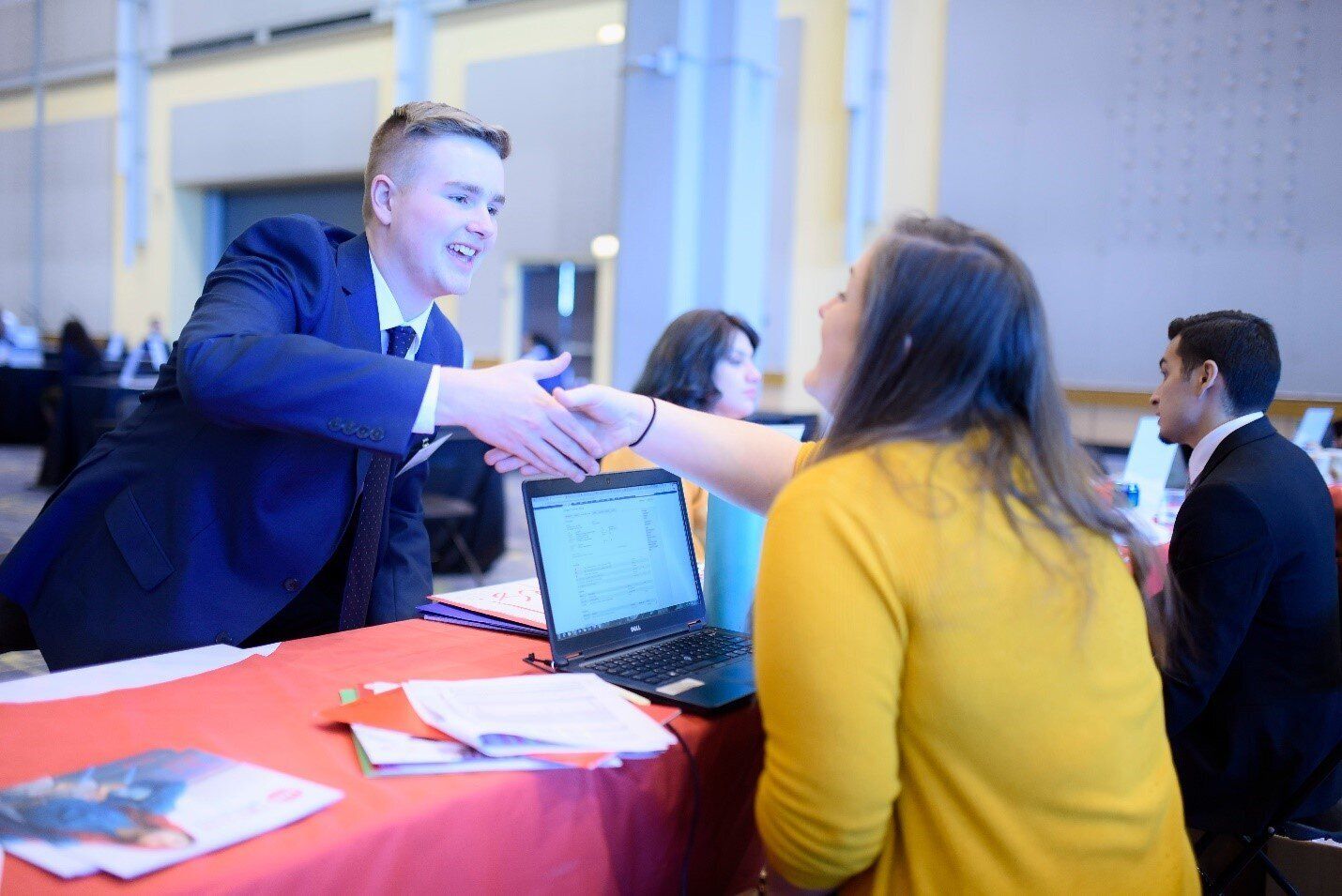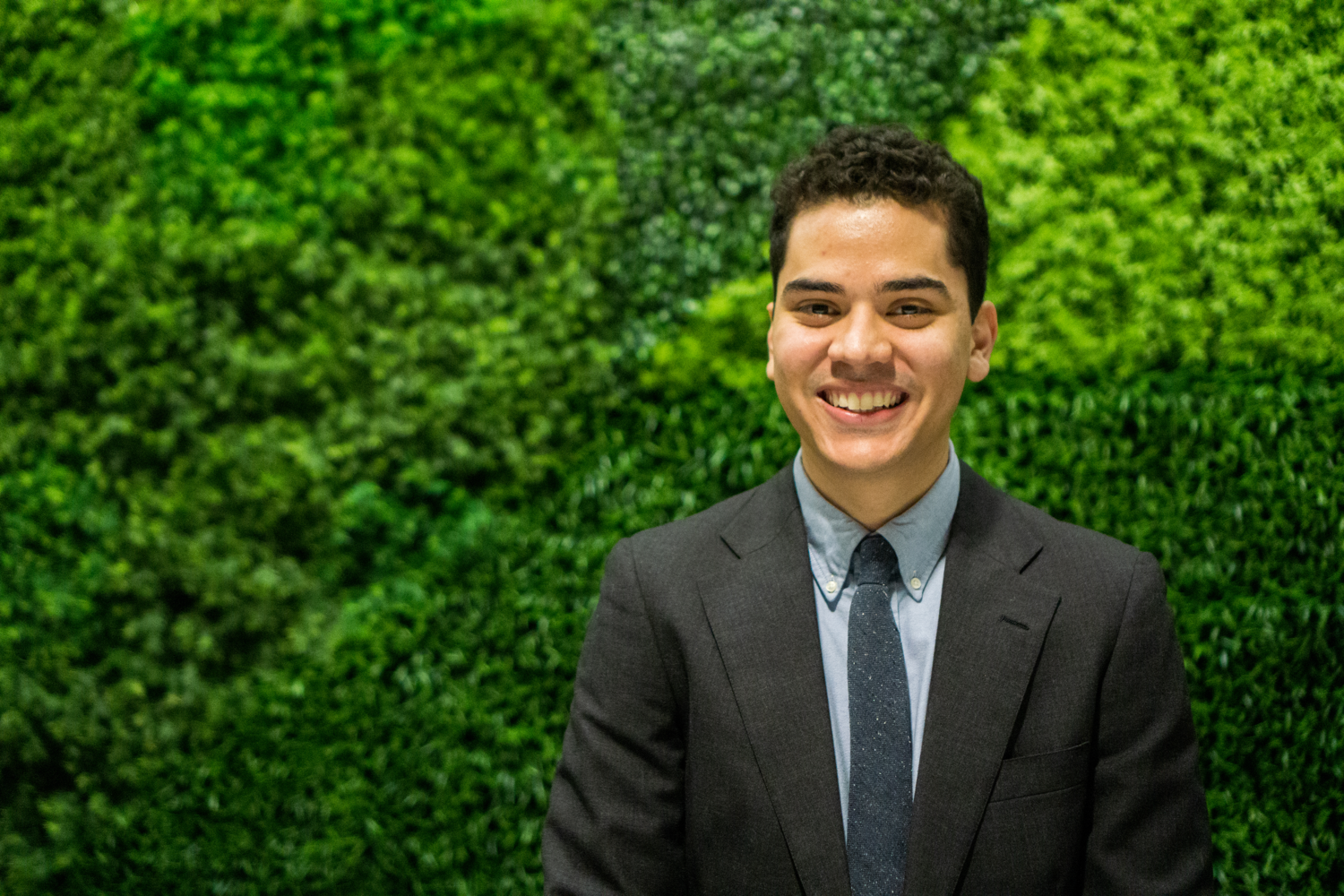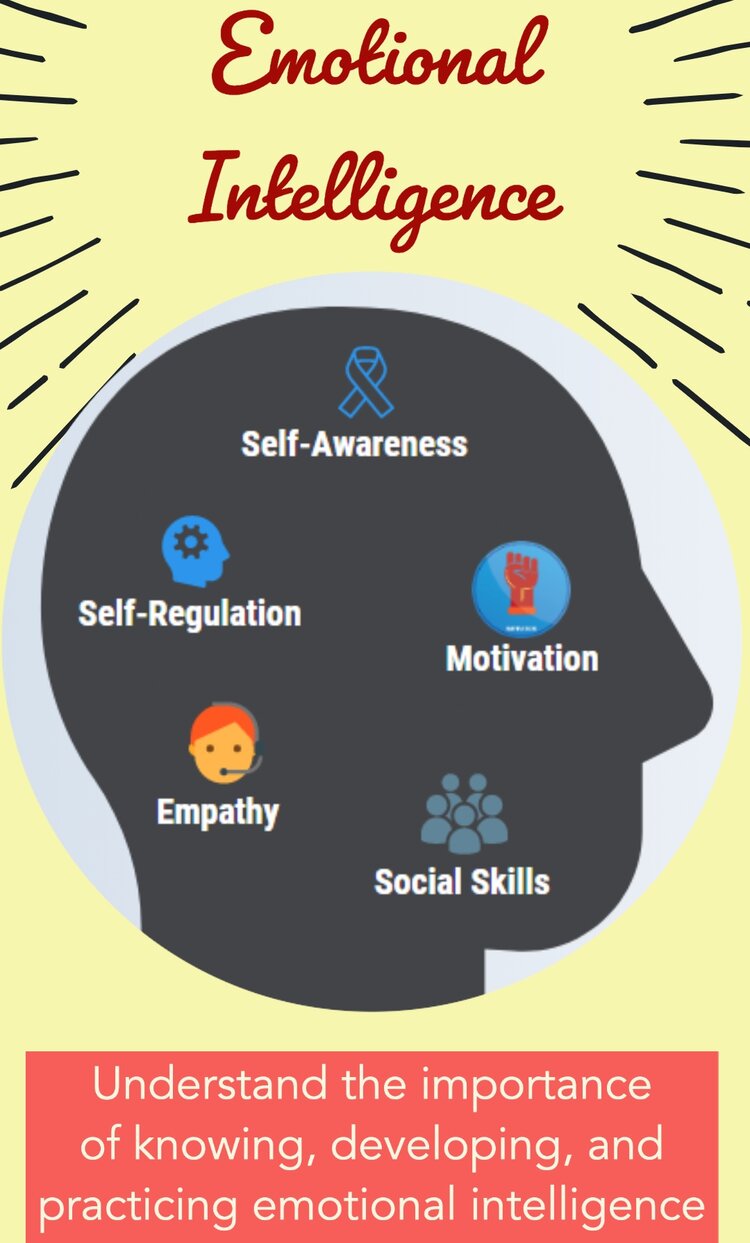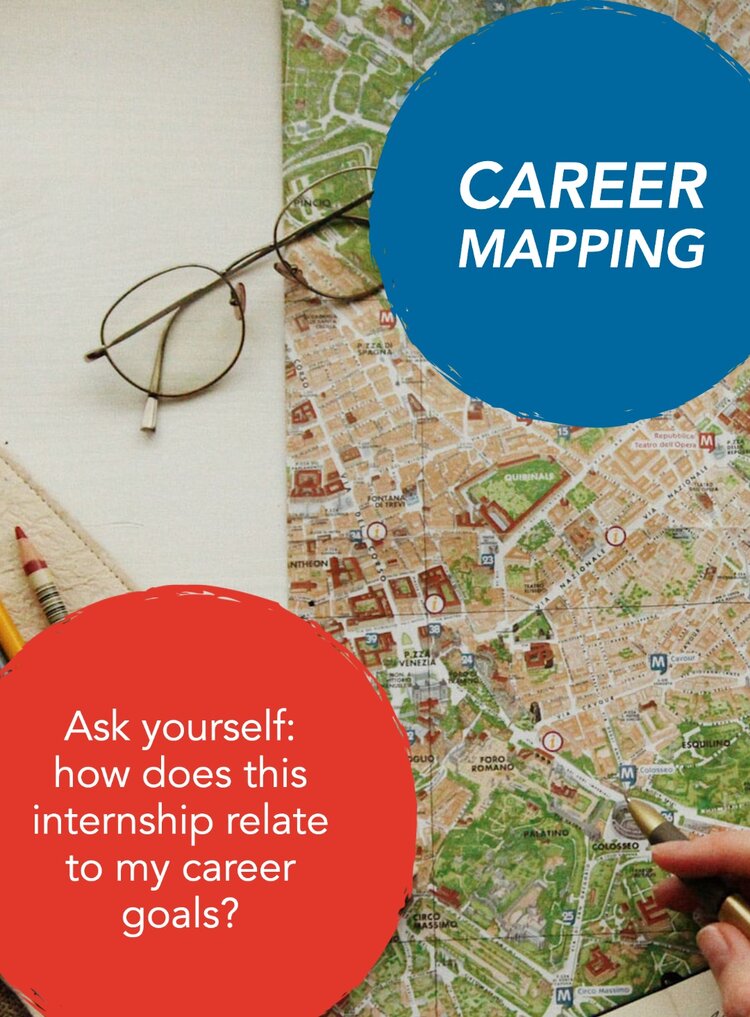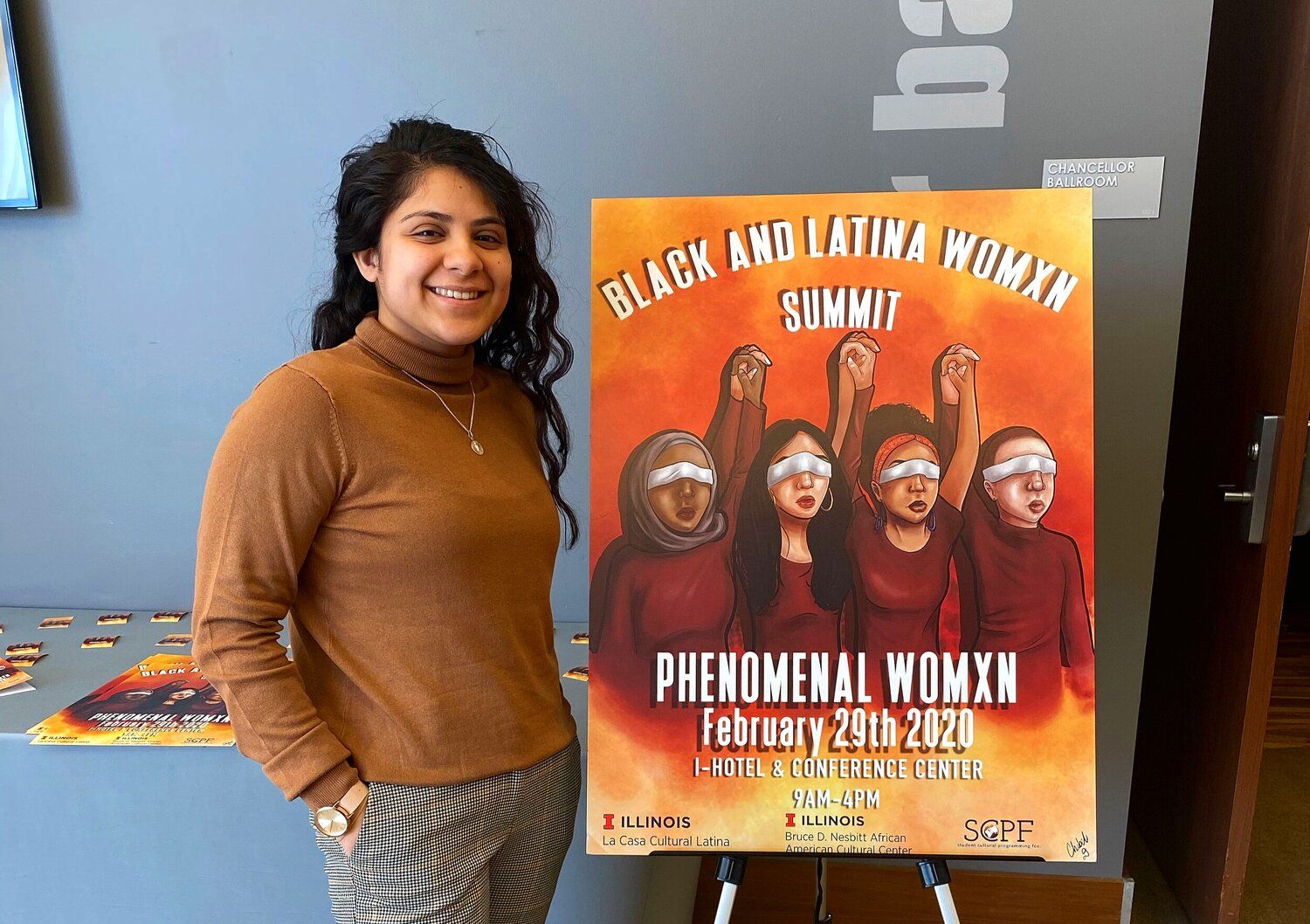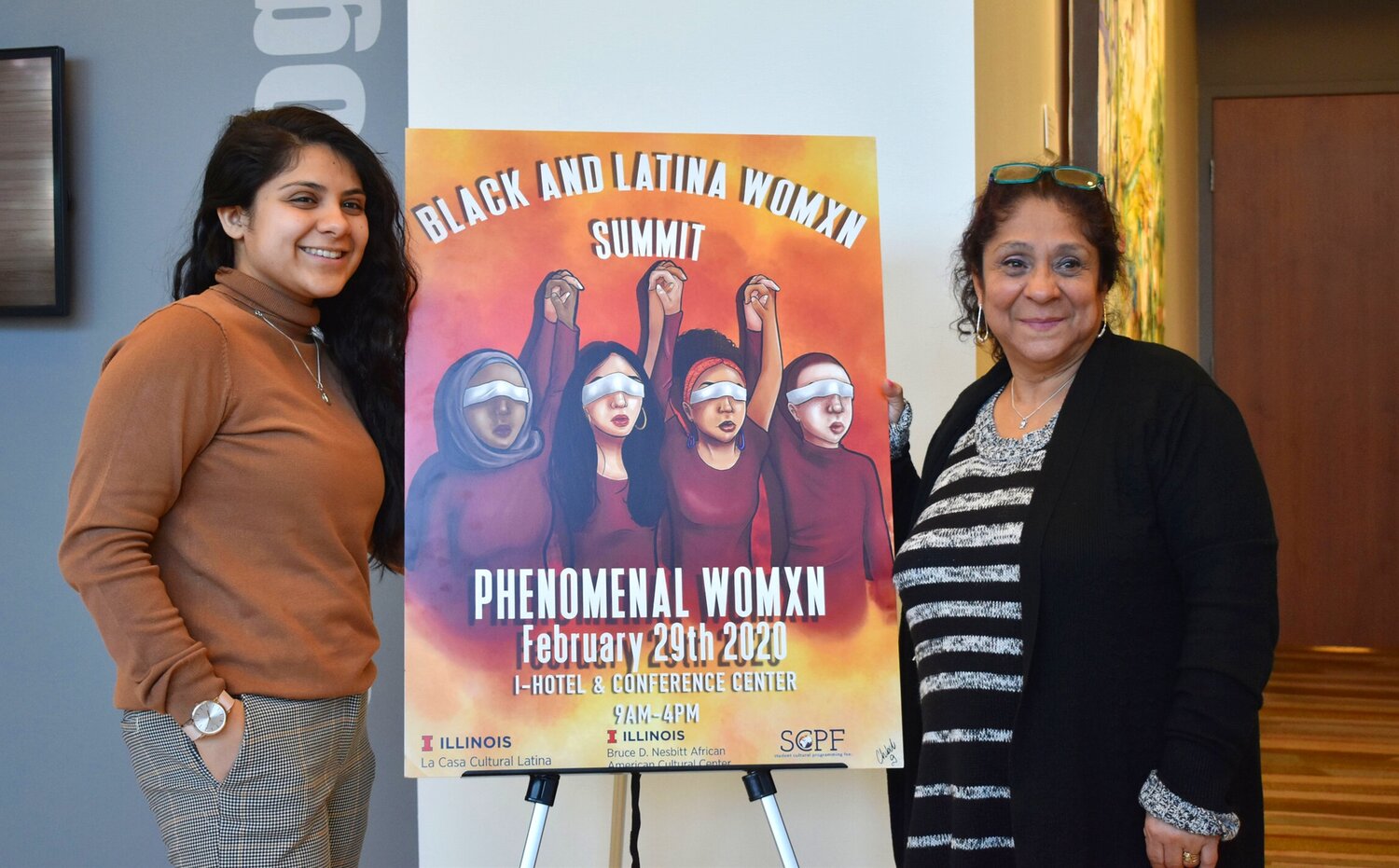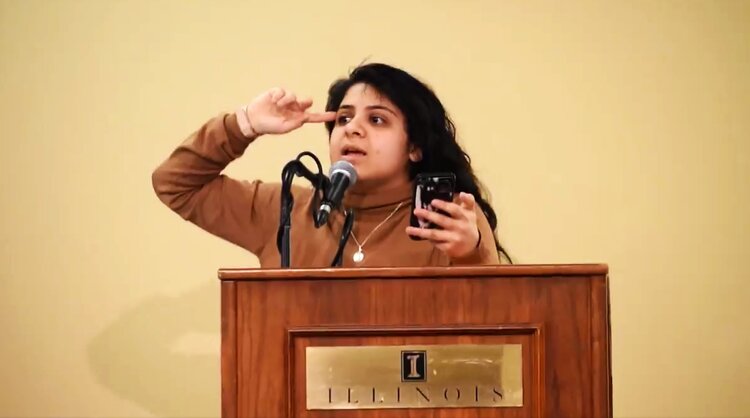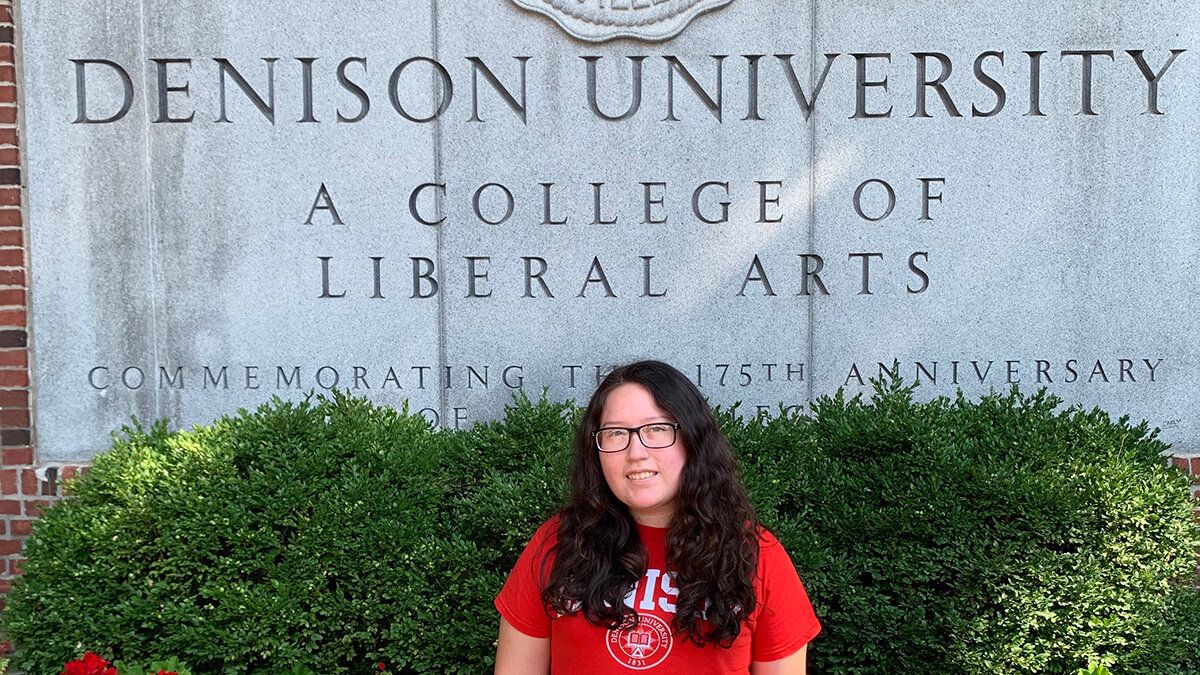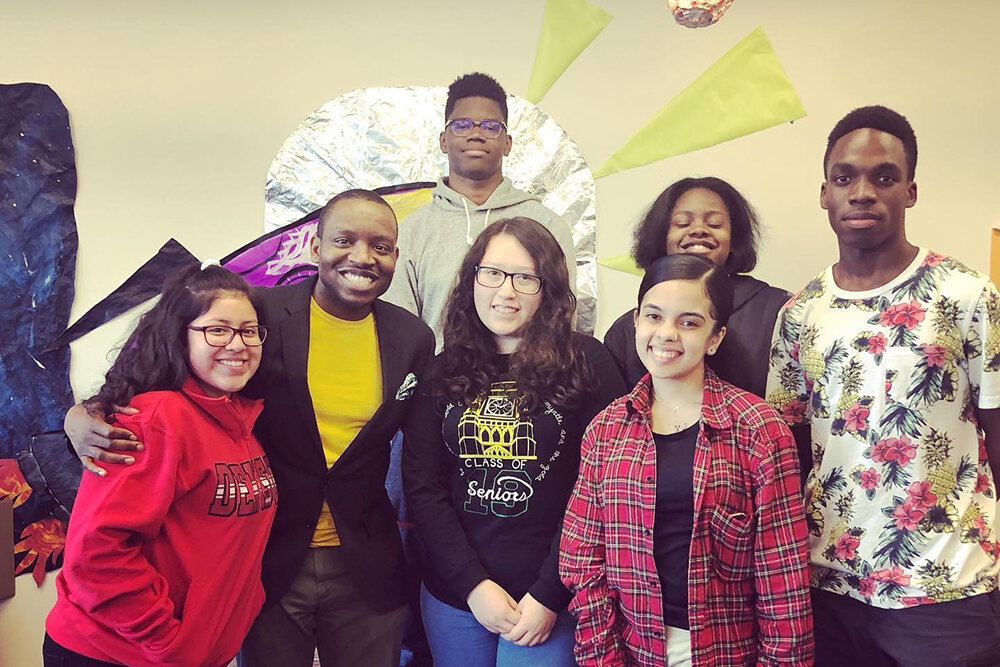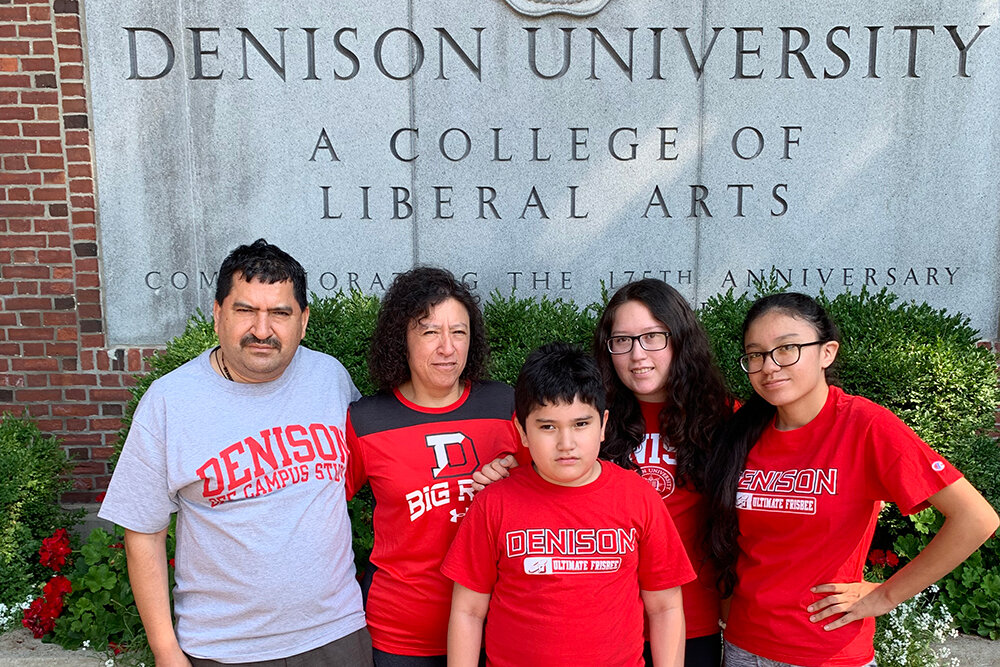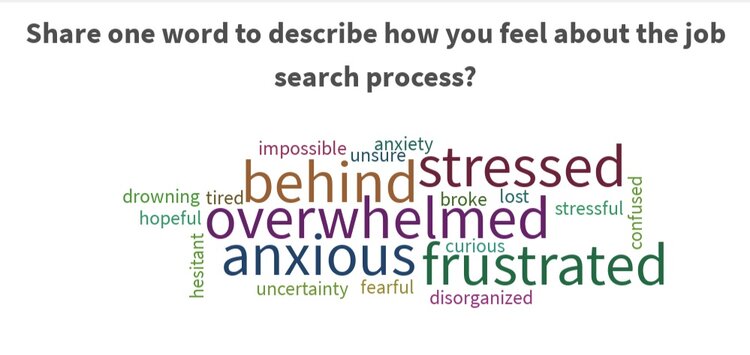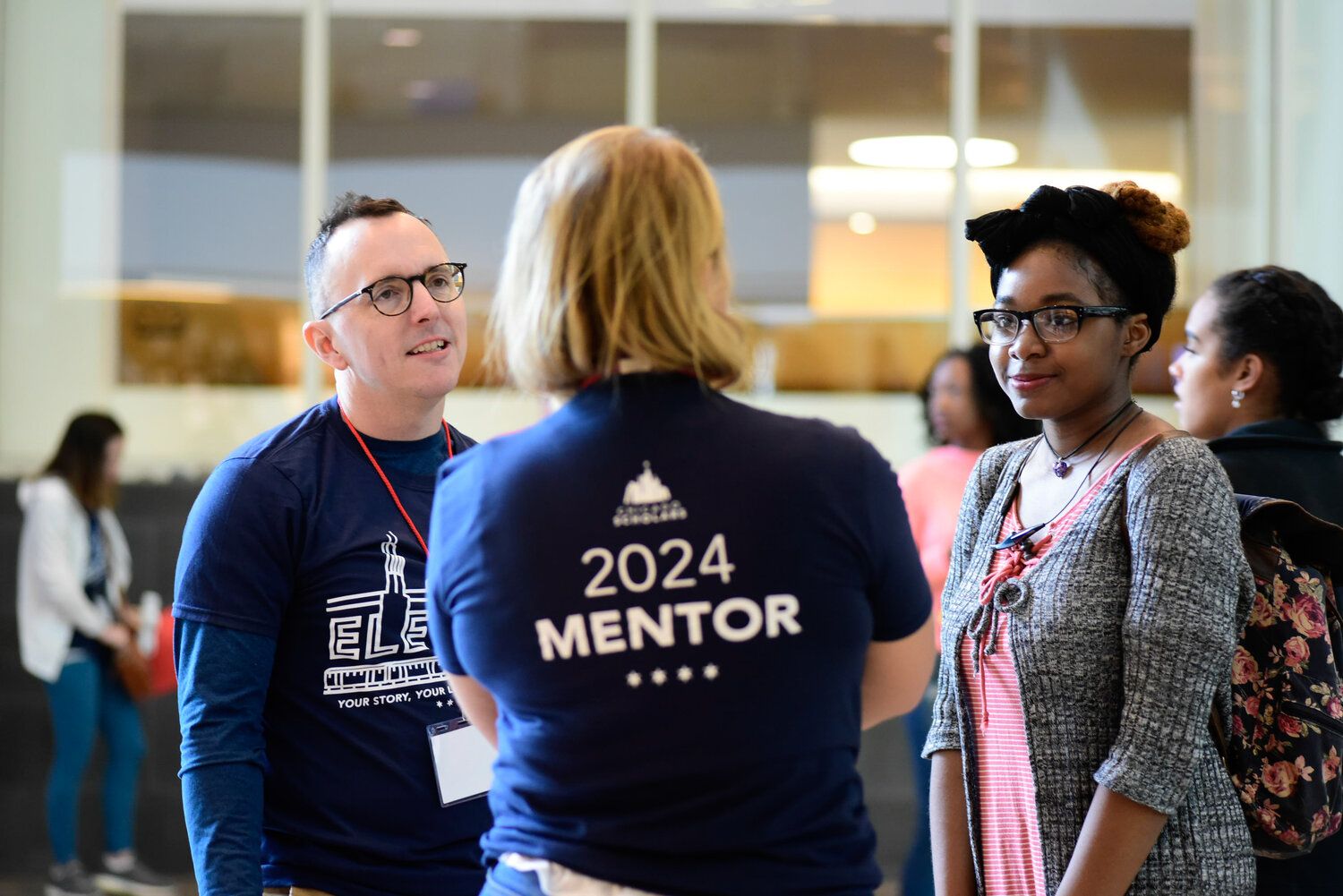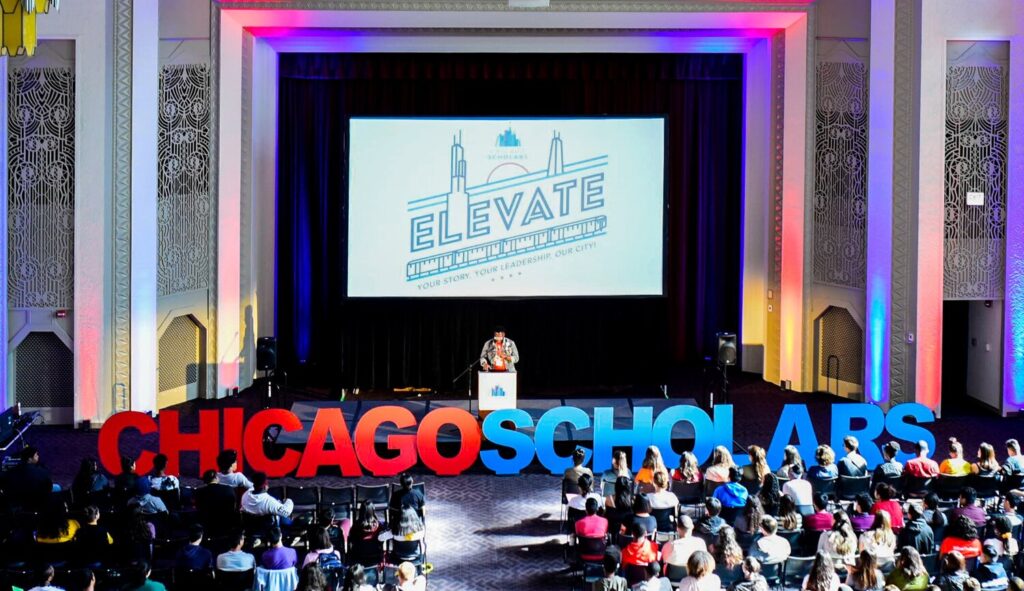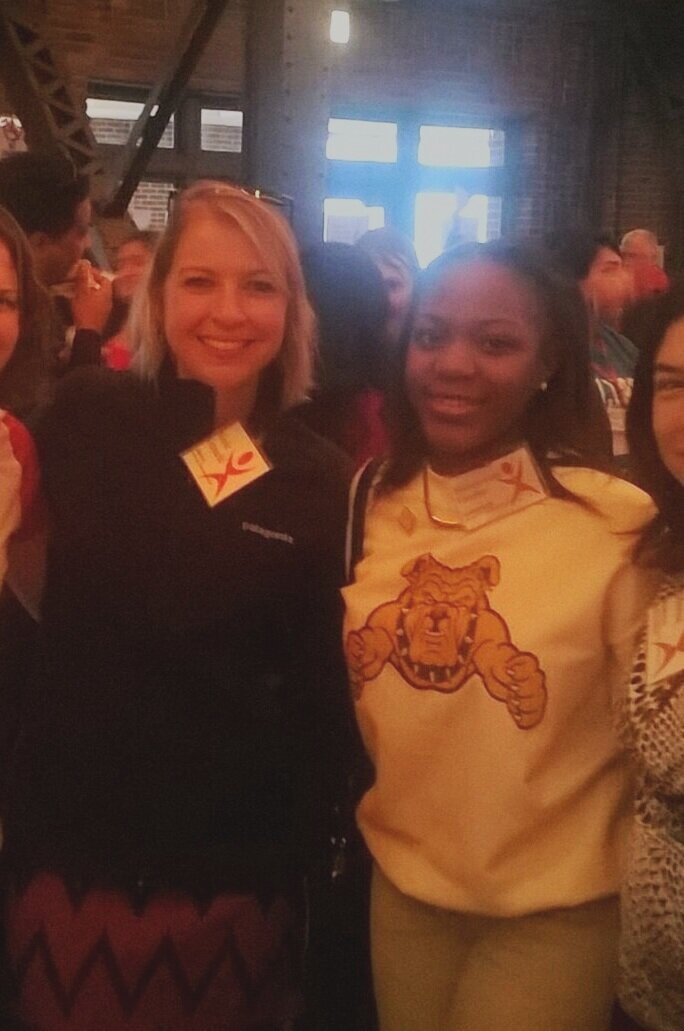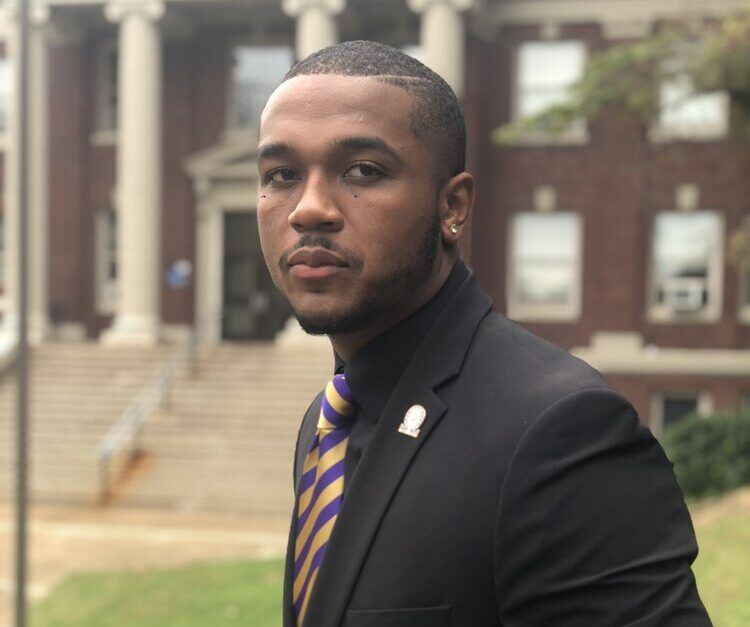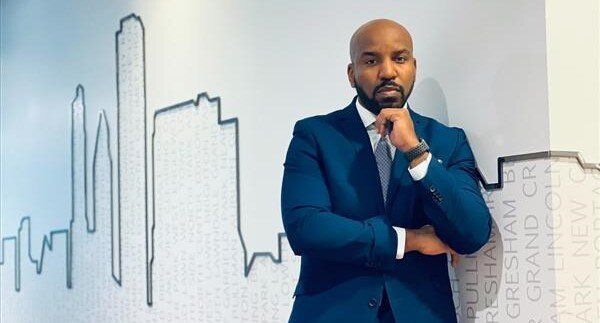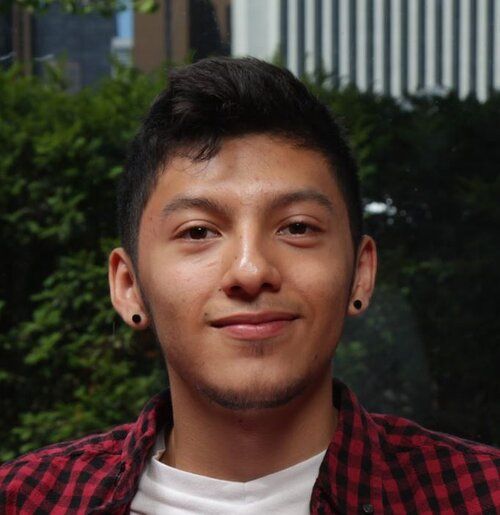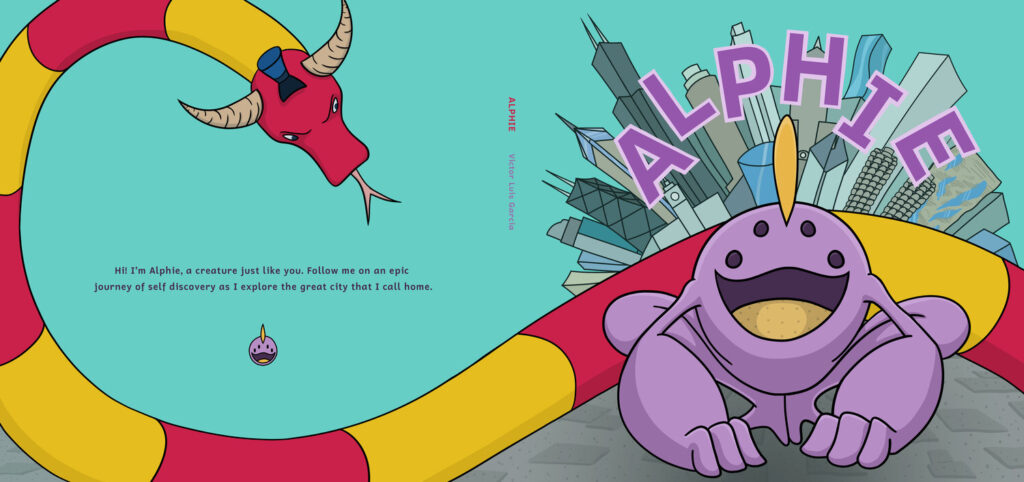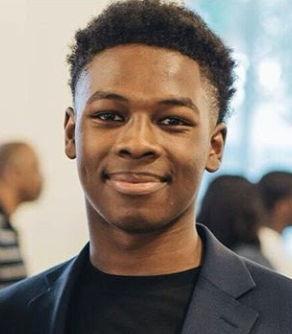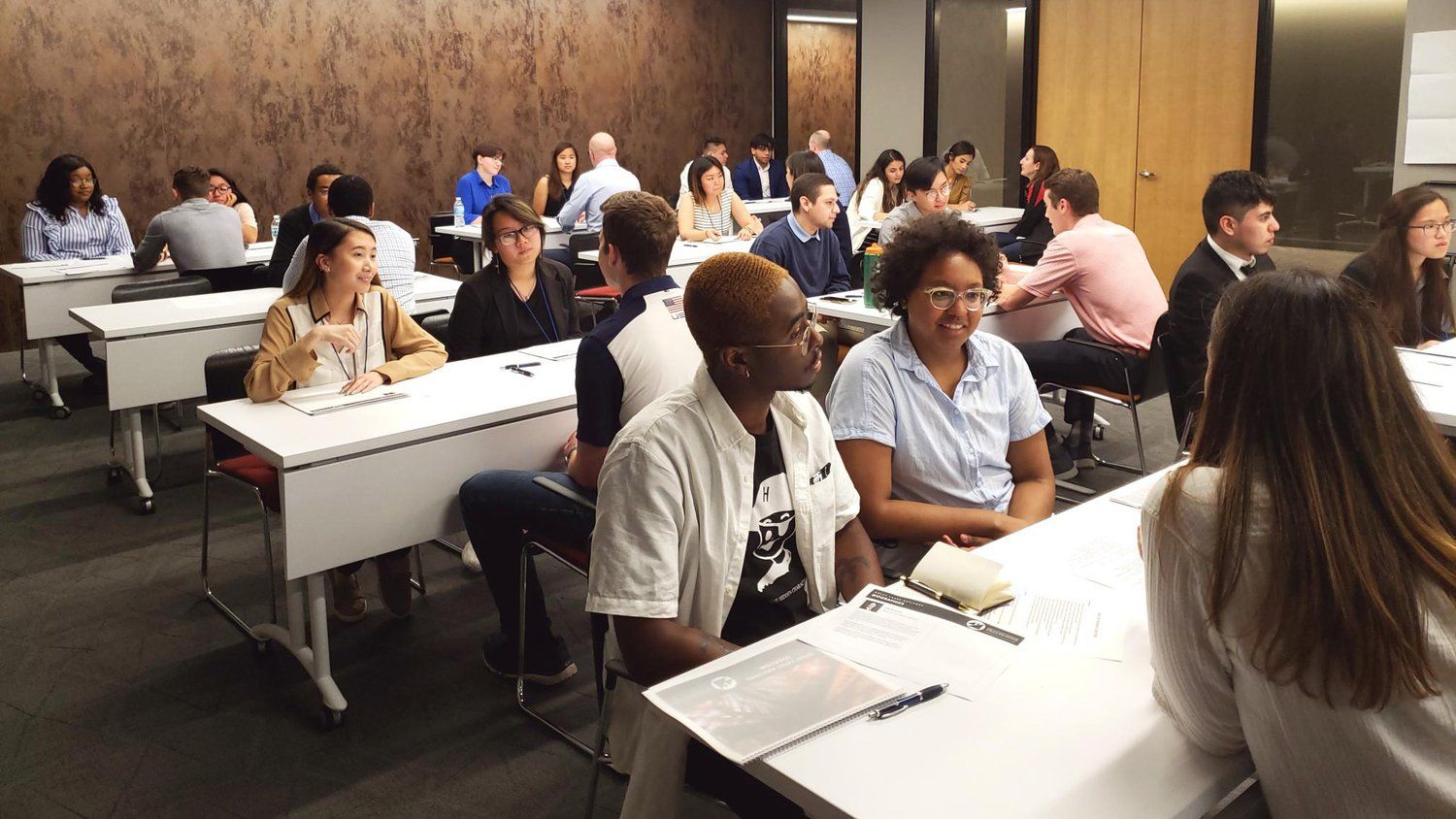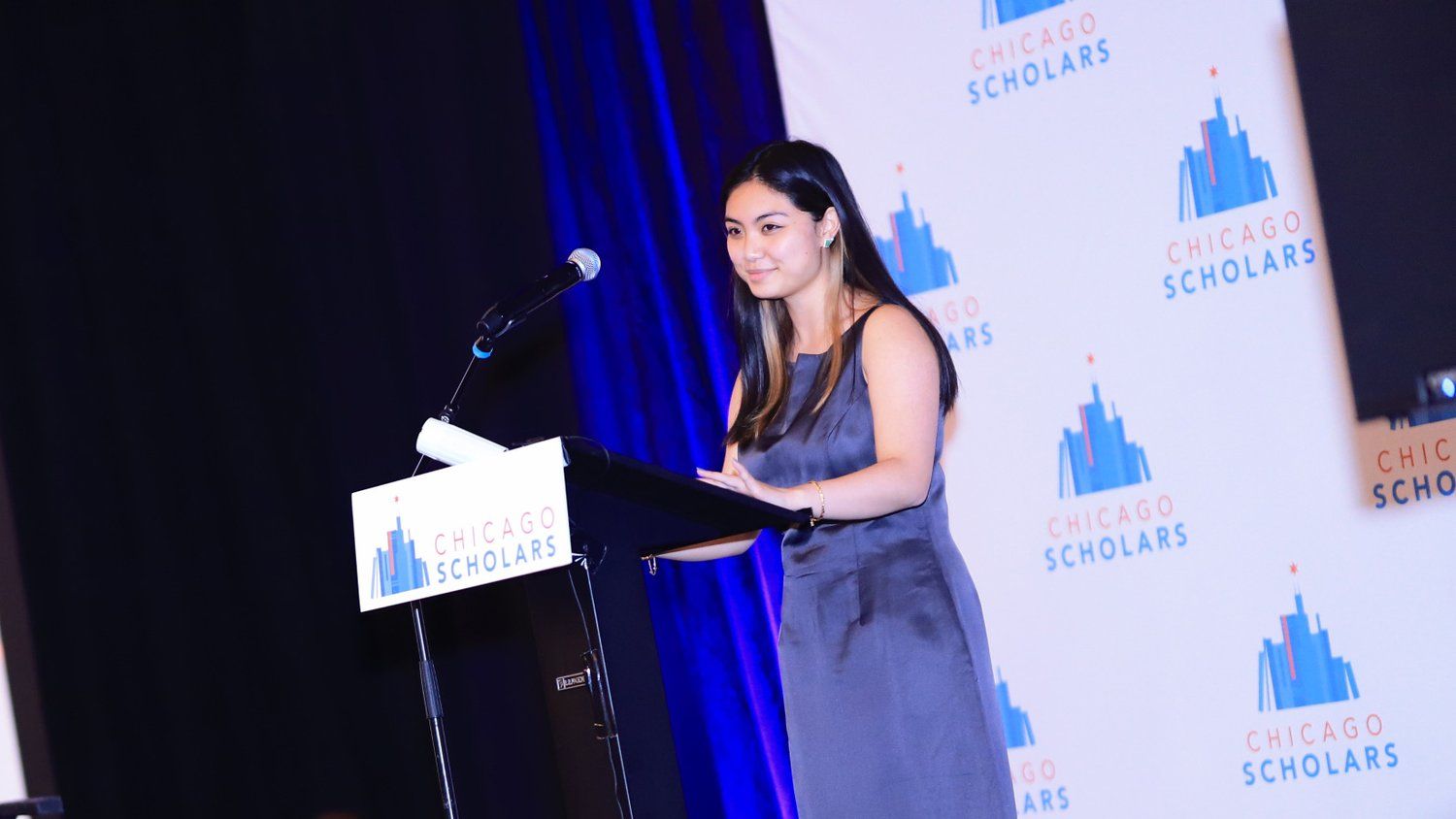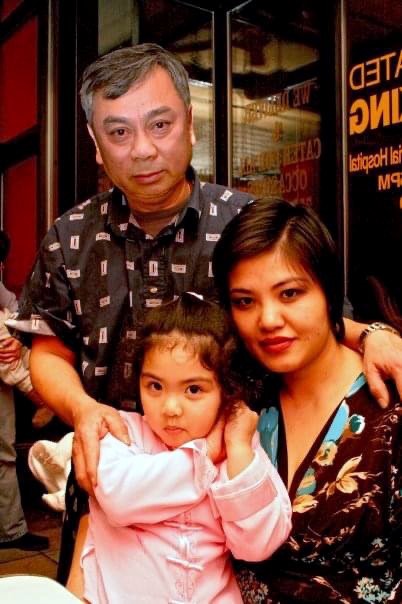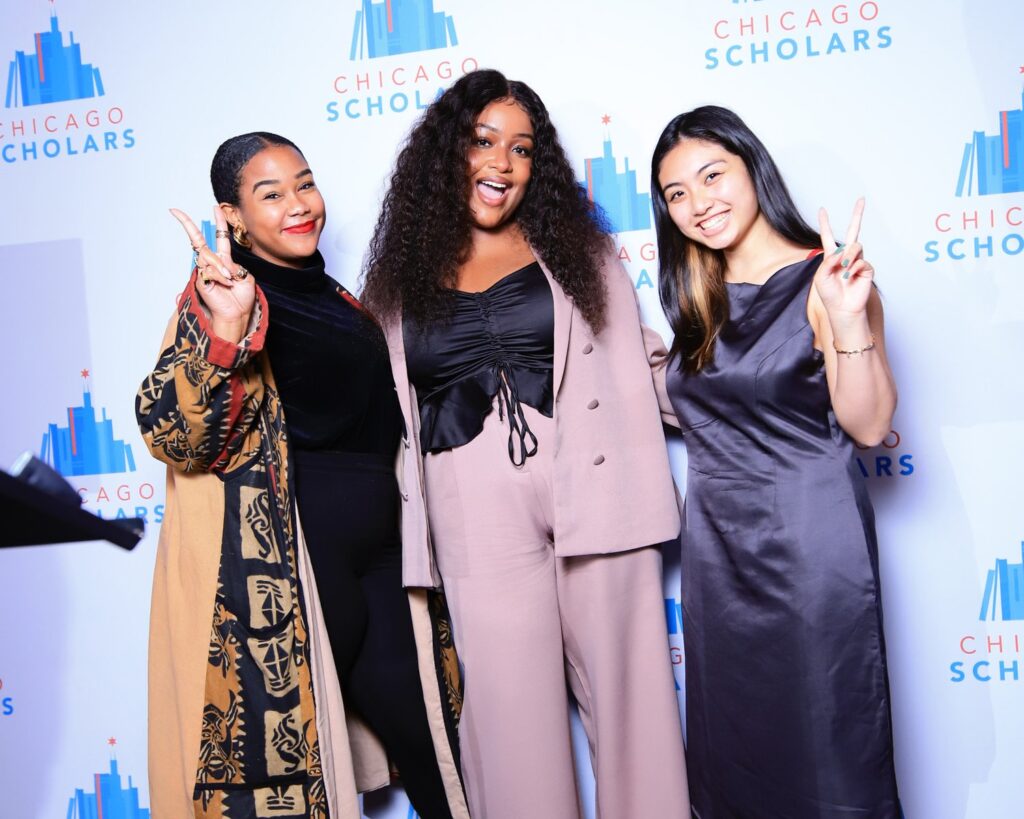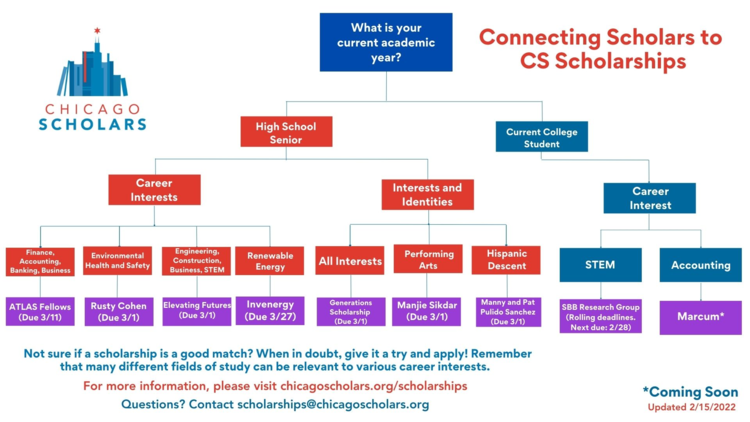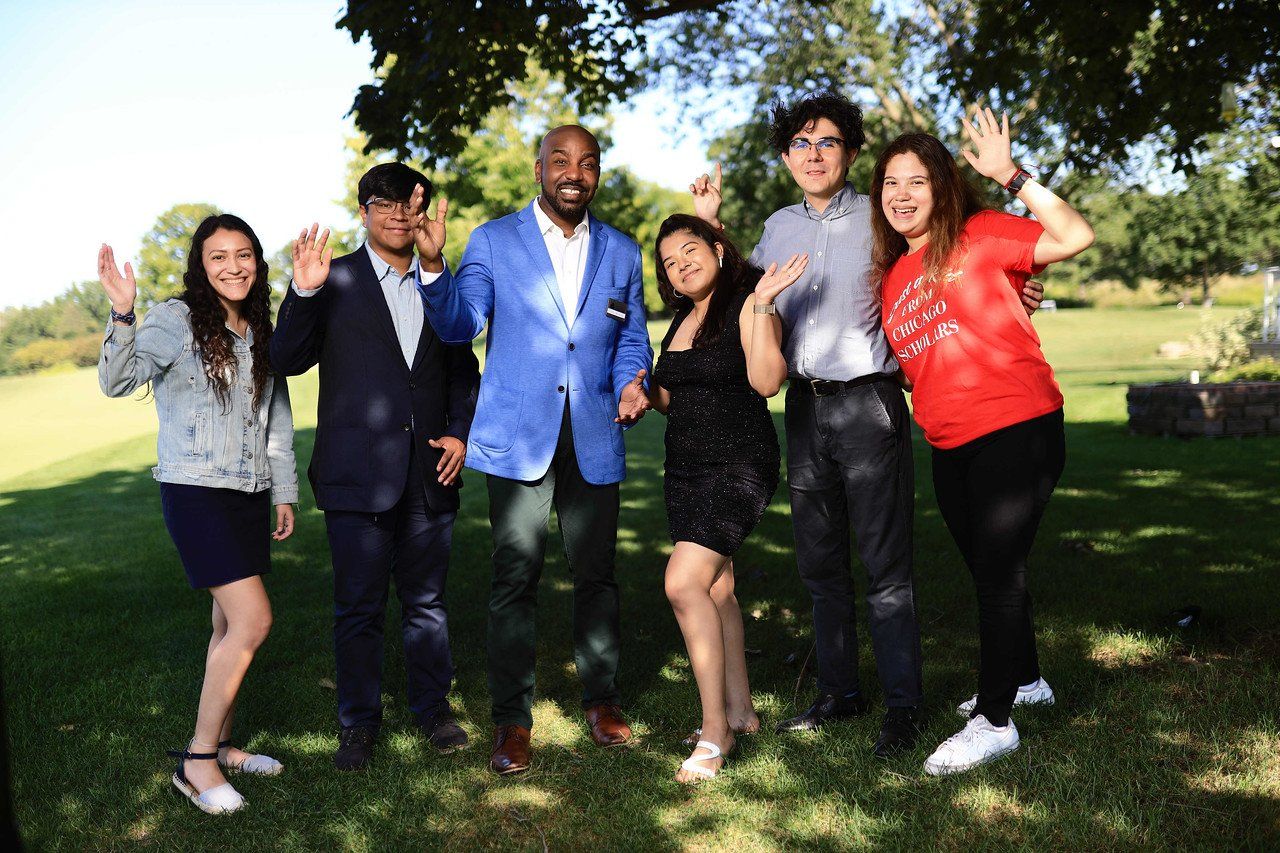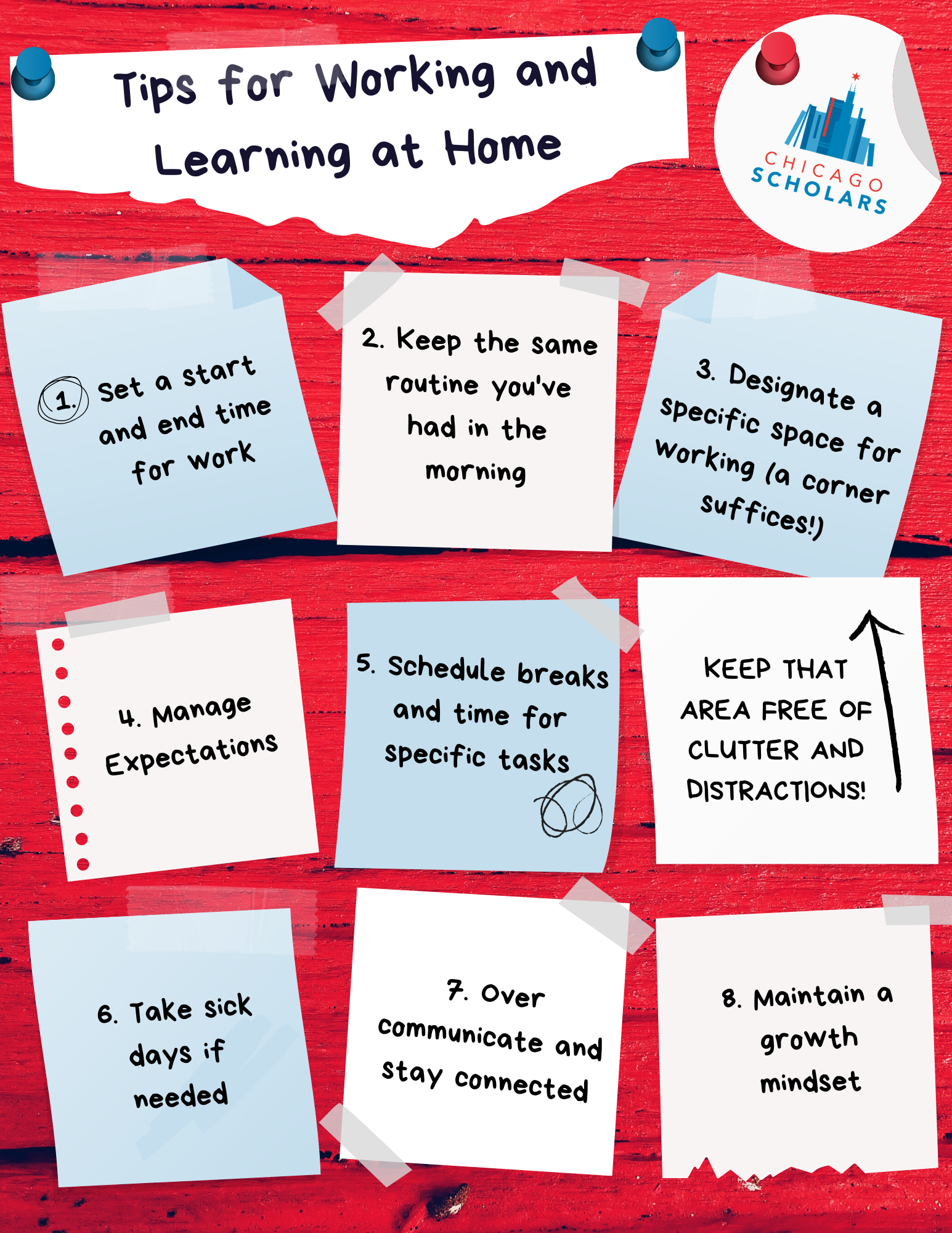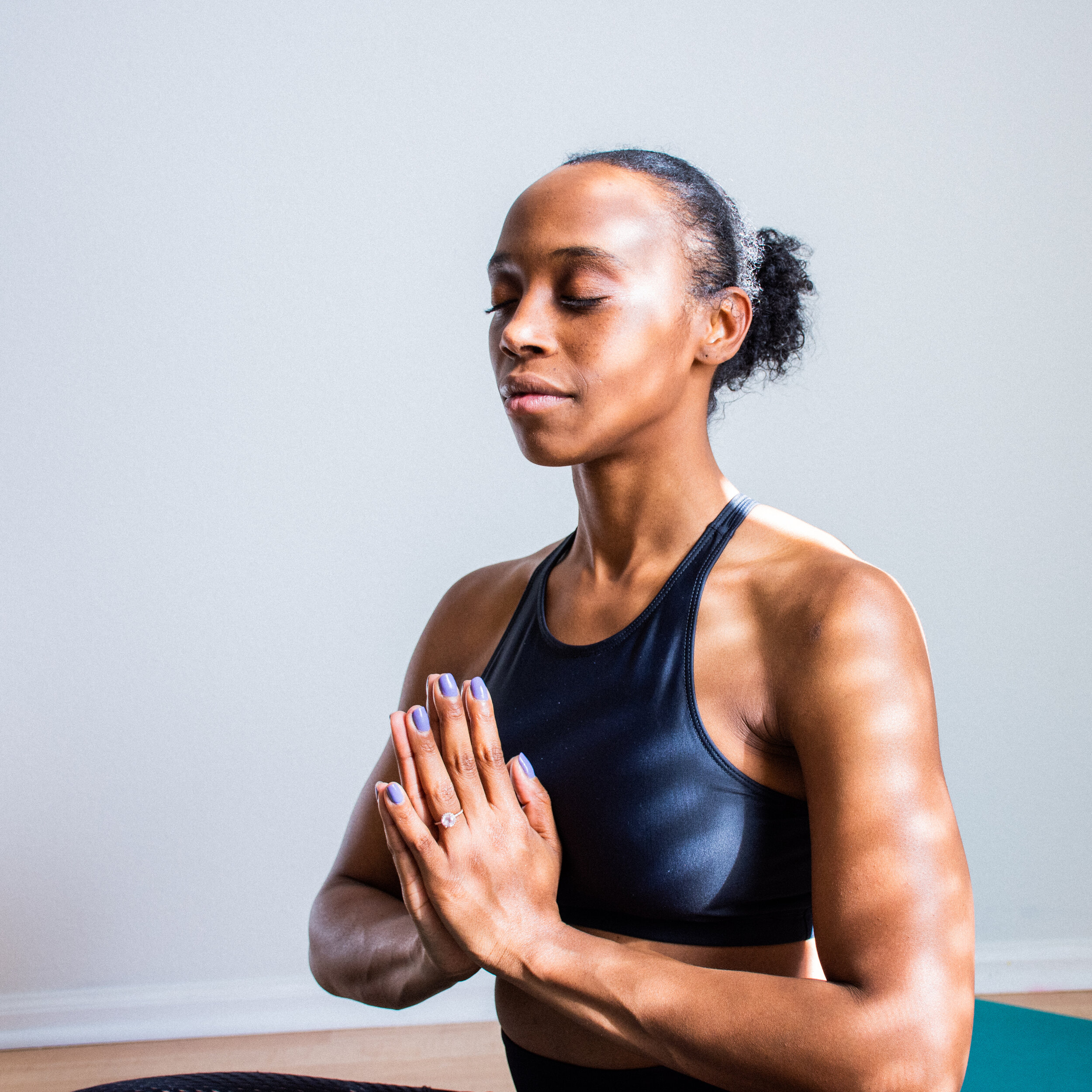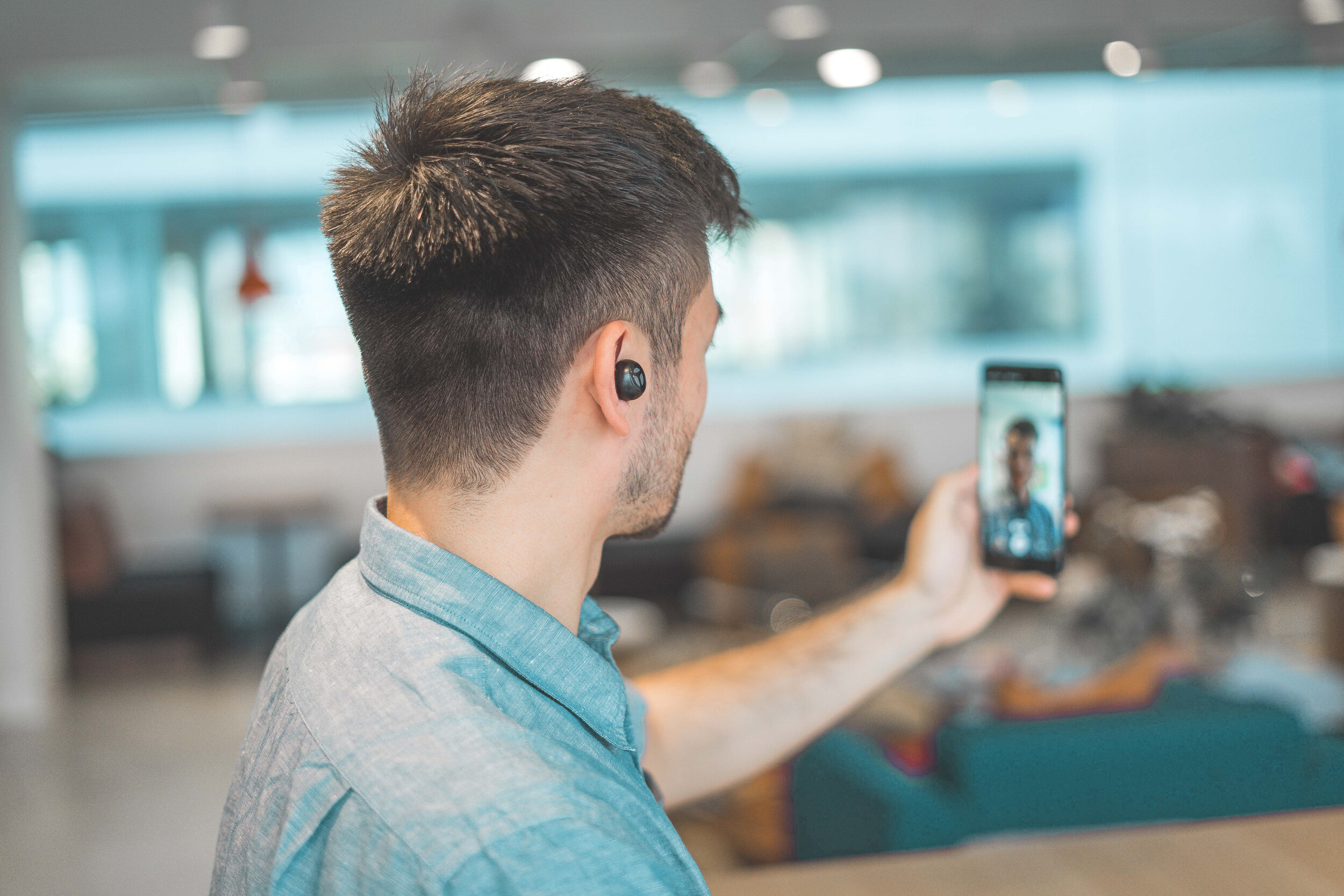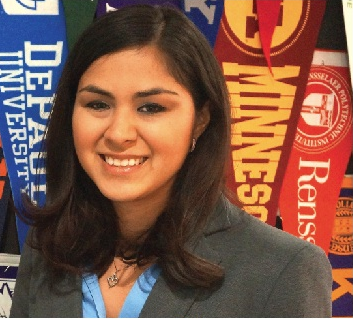Ace Your Interview: 29 Tips to Leap Into Your Career
It’s February in Chicago, and that means snow flurries and freezing temperatures. But even though summer feels very far away, summer internship season is quickly approaching. Now’s the time to start writing resumes, looking for networking opportunities, and preparing for interviews That’s why we’re sharing a new tip every day this month on our Instagram Stories and recapping them here every week — so our Scholars have all the information they need to land their dream internships this summer. AND because there’s an extra day in February this year, that means there will be an extra tip to help our Scholars leap into their career. Here’s Part 3 in our 29 Tips to Leap into Your Career.
Part 3: Ace Your Interview
16. DO YOUR RESEARCH
Prior to your interview, you should spend some time on the website of the organization you are interviewing with to identify relevant information to discuss. Memorize the names and positions of the people you will be in the room with. Look them up on LinkedIn to see if you have a connection. Be prepared to talk about your unique experiences as they relate to the job description and the organization’s missions and values. Be ready to answer common interview questions.
-
Why do you want to work here? Why should we hire you?
-
What’s an example of a challenge you’ve overcome and what did you learn from it?
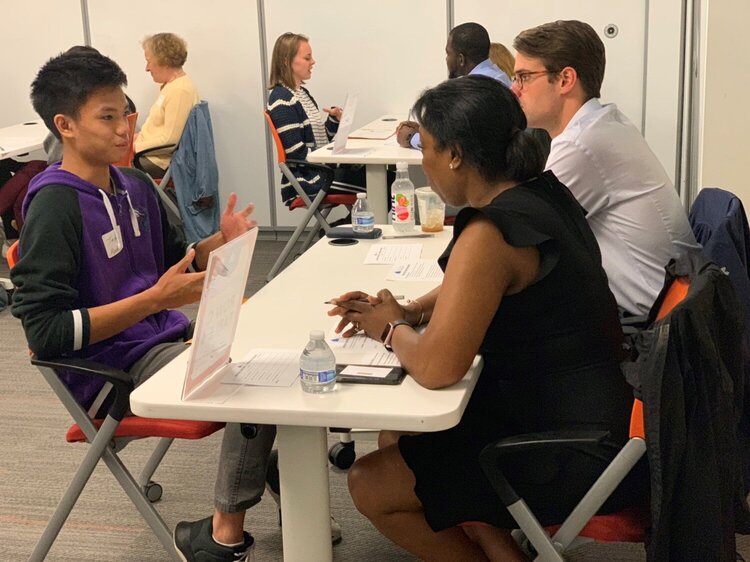
17. SCHEDULE MOCK INTERVIEWS
Practice! Practice! Practice! Reach out to your school’s career center or your College Success contact at Chicago Scholars to set up a mock interview. You can also recruit friends, family members, or teachers to conduct mock interviews. Hearing yourself answer questions out loud is the best way to prepare and build confidence. Be ready with a solid elevator pitch to introduce yourself effectively and concisely at the beginning of your interview.
18. SHAKE OFF NERVES
Nerves can be one of the biggest challenges to overcome in interviews. Making sure that you are emotionally ready for the interview is important. Remember, you are interviewing because the hiring team chose you over other applicants. You deserve this! Here are other tips to help you prepare:
-
If you are unsure of the interview location, consider doing a travel test run so you can be aware of any potential hiccups.
-
Make sure your business professional outfit is ironed, dry-cleaned, and ready at least one day before your interview.
-
Make sure to arrive early so you have time to prepare and practice mindful mediation. However, do not arrive more than 30 minutes early. You could be running into other interviewers or seem overly eager for the position.
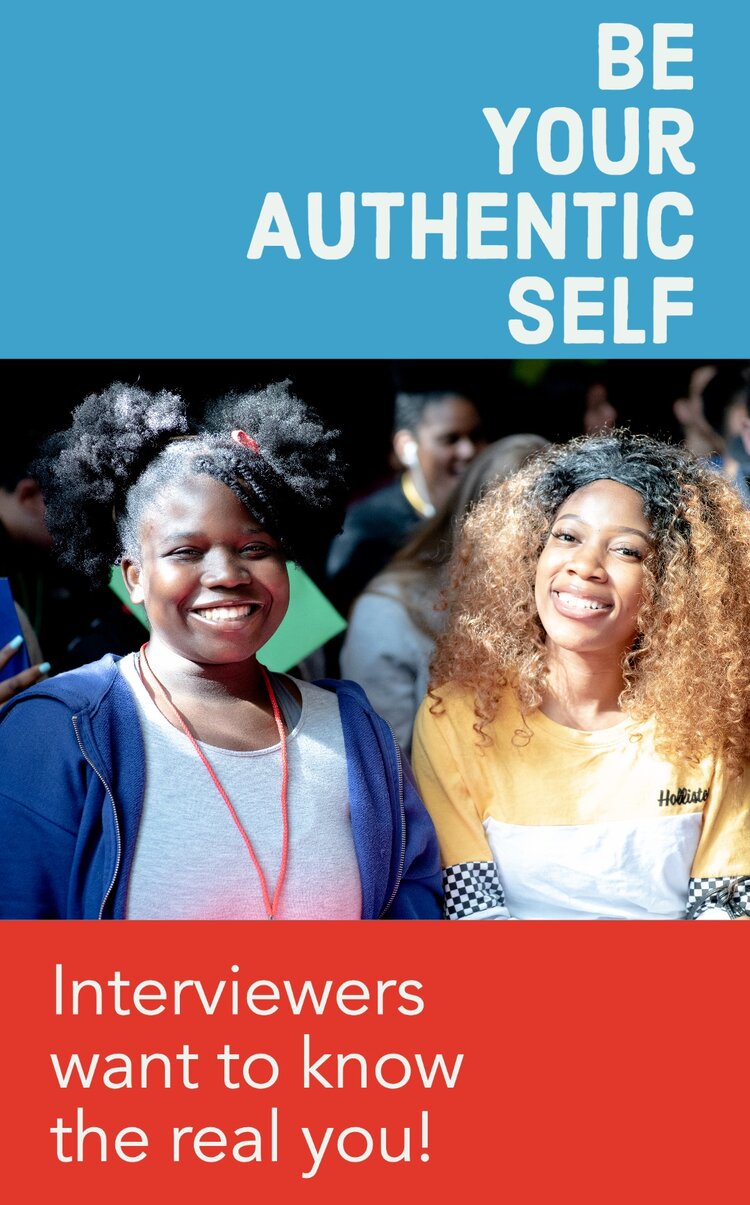
19. BE YOUR AUTHENTIC SELF
When you are in the room, start the conversation with a smile. It sets an upbeat and confident tone for the interview. During the interview, don’t answer questions the way you think you’re supposed to; answer in a way that is true to you. Authenticity can help interviewers relate to you or better understand your life story. Remember, they are there to get to know the real you! However, be mindful to not overshare.
20. TAKE ADVANTAGE OF THE TIME
Make sure you answer all questions concisely, specifically, and thoughtfully. Use every opportunity to demonstrate your potential value to the organization and to discuss relevant achievements. Make sure to have an impactful close. According to Harvard Business Review, the final 10% of the interview is perhaps the most important, since the greatest amount of information per unit of time is generally exchanged during this time interval.
21. ASK GOOD QUESTIONS
Be prepared with two to three good questions that you can’t find on Google or through a quick scan on a the organization’s website. Questions demonstrate your interest in the organization and your desire to match with an institution that will fit your unique needs and interests. Good questions to ask would be about culture, work style, team-specific dynamics, etc.
22. FOLLOW-UP
At the end of the interview, make sure to get a business card or contact email before you leave. Often times the receptionist at the front will have them but ask the interviewer(s) first. Send your follow-up email the same day. Thank them for their time and be sure to include details that were brought up during the interview and/or a good question that you didn’t have time to ask in person to continue the conversation.
We hope you found these tips helpful. Come back for Part 4: Career-Readiness next week!
